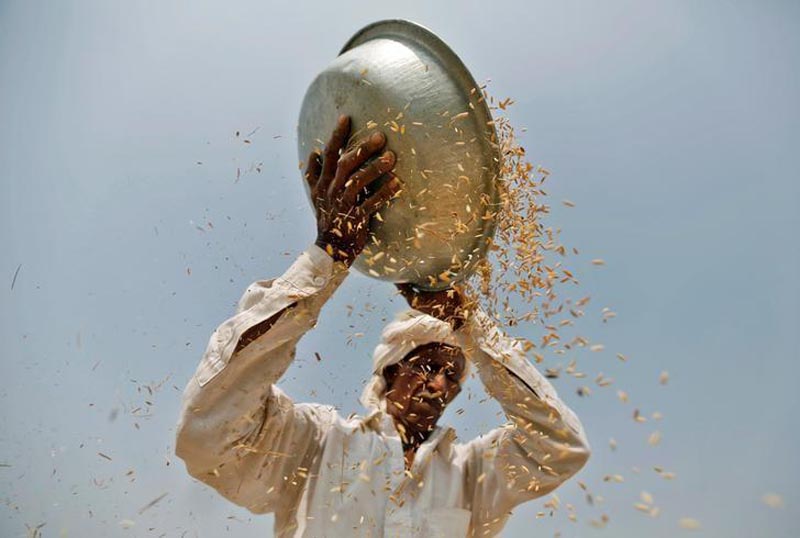India raises rice, cotton buying prices as farmers' protests mount
India raised minimum purchase prices for rice, cotton and other crops by the most since Prime Minister Narendra Modi came to power in 2014, according a government circular seen by Reuters, amid ongoing protests in the country's biggest farming states.
Prices paid to local farmers for common grade paddy rice are to be raised by 5.4 percent to 1,550 rupees ($24.03) per 100 kg for the year starting on July 1, while long staple cotton prices have been hiked by 3.8 percent to 4,320 rupees per 100 kg.
The increases for rice, cotton and other crops follow an outburst of discontent in the heartland states of Madhya Pradesh and neighbouring Maharashtra as farmers sought higher prices and debt relief.
Five protesting farmers were shot dead this month in the central state of Madhya Pradesh, which along with Maharashtra is ruled by Modi's Bharatiya Janata Party (BJP).
The unrest has posed a challenge to regional BJP leaders and Modi, who have promised to double farmers' incomes over the next five years.
India is the world's biggest rice exporter and buys the grain from local farmers to protect them from distressed sales and to build stocks for welfare programmes.
The government fixes minimum prices for more than two dozen farm commodities, although it mainly procures wheat and rice.
Growers of other crops like onions, tomatoes and potatoes are also protesting due to steep falls in the prices of their produce and the absence of the government buying.
The government has also raised soybean prices by 9.9 percent to 3,050 rupees per 100 kg, and corn by 7.1 percent to 1,425 rupees per 100 kg, effective from July 1. The increases for these two grains were also the greatest since 2012/13.






